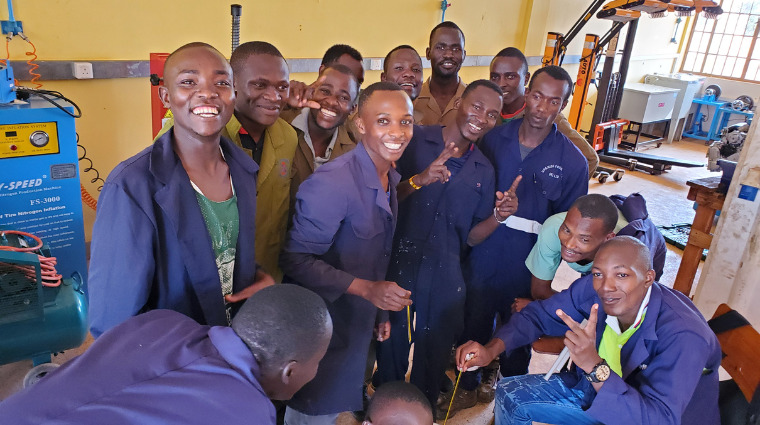
Automotive instructors share industry expertise at Weru Technical and Vocational College
When Saskatchewan Polytechnic Automotive Service Technician instructors Rick Russell and Nick Guthrie signed up for a teaching opportunity in Kenya, Africa, they didn’t expect to be students themselves.
“It was very educational for us and for them,” said Russell following training that spanned from October 20 to November 4. “Seeing their technical school and experiencing their culture first-hand has given me a better understanding of what international students go through when coming to Canada. It’s made me a better instructor.”
Guthrie agrees, “Seeing what resources and equipment we have on campus compared to what they have is nothing like I’ve ever experienced. International students are in awe when they come to Sask Polytech and now it makes more sense to me. Our students have a lot of supports through our faculty, support staff and connections to industry and government, which they don’t have in other parts of the world.”
Shop space and training equipment, access to a projector for teaching and a reliable source of power were all differences the pair noted. However, enthusiasm and a willingness to learn were evident in both the instructors and students they worked with at Weru Technical Vocational College (TVC) in Kenya.
“The highlight for me was the people,” says Guthrie. “They are fantastic people. They are very keen to learn. They’d take in as much information as they could, just like sponges and then we’d step back and they’d do it.”
The college had acquired several pieces of training equipment that were not in use either because the instructors were never taught how to use it, or the equipment was in disrepair. The Canadian instructors were able to repair tire balancing and tire mounting machines as well as an air conditioning test rig and free standing, running engine.
“All of the equipment they have offers the opportunity for the instructor to electrically disable components to simulate issues for the students to diagnose on the training engine/conditioner.”
The benefit of having a background in the trades was evident for Russell who spent 28 years in the automotive industry before coming to Sask Polytech as an instructor at Moose Jaw campus three years ago and for Guthrie who spent 27 years in the industry before he began teaching eight years ago at Saskatoon campus. While the instructors at Weru TVC have a theoretical understanding of mechanics they hadn’t worked on the equipment themselves. The Canadian instructors were able to fix the equipment, provide step-by-step instructions, develop manuals, create PowerPoints and teach the instructors how to use the equipment so they could train their students.
“Until we showed them how to use the machinery it was just in the way,” says Russell. “Now they have that very valuable equipment, and they know how to use it.”
Learning opportunities were ongoing throughout the trip as the instructors shared insight into how curriculum is chosen for the program at Sask Polytech based on industry and occupational standards. Russell and Guthrie were able to provide electronic learning material and textbooks for their counterparts in Kenya that was already being put to use in the classroom before they returned to Canada.
During their time in Kenya, the Sask Polytech instructors also had the opportunity to sit in on classes at the college and listen to their fellow instructors. In addition, Sask Polytech instructors co-taught classes along with Kenyan instructors on engine cooling and lubrication systems to Kenyan students. The students appreciated the practical, hands-on approach to learning. Their quest for knowledge was great, and they kept our instructors busy with many questions. The group also had an opportunity to tour mechanic shops in the community and were pleased to make a connection to a local business that is now supplying Weru TVC with much needed training equipment such as used tires.
As part of the project, the institute held its first Industry Advisory Committee for Automotive programs. Sask Polytech explained the importance of strong and effective linkages to industries and businesses in developing skills for employment and provided relevant information on establishing and utilizing an industry advisory committee. This meeting was an essential step for Weru TVC in establishing partnerships with industry. In addition to assisting with training equipment, the partnership is the first step toward the development of student internships in a practical setting.
The partnership is part of the Young Africa Works Technical Vocational Education and Training (TVET) Project funded by the Mastercard Foundation and managed by Colleges and Institutes Canada; the partnership in Coastal Kenya involves Nova Scotia Community College (lead partner) and Vancouver Community College. The TVET program focuses on strengthening skills training programs for the key economic growth sectors. The project provides tools, systems and approaches that can be applied across various training sectors and in TVET institutions across the country.
As the training came to a close, Audrey Mundu, vice-principal/deputy principal of Weru TVC, expressed sincere gratitude for the knowledge shared and support provided by the Canadian group, she says, “The team went out of its way to ensure that the visit was a success. The intensive technical training and practice was much appreciated by Weru TVC. The guidance for the first Industrial Advisory Committee and connections with influential partners in the industry was a positive step forward. We look forward to more future interactions and engagement. Thank you once again on behalf of Weru TVC.”
Plans are already underway to bring instructors from Weru TVC to Sask Polytech in the spring. As part of the exchange program they will have the opportunity to experience the welding and automotive programs at Saskatoon Campus.
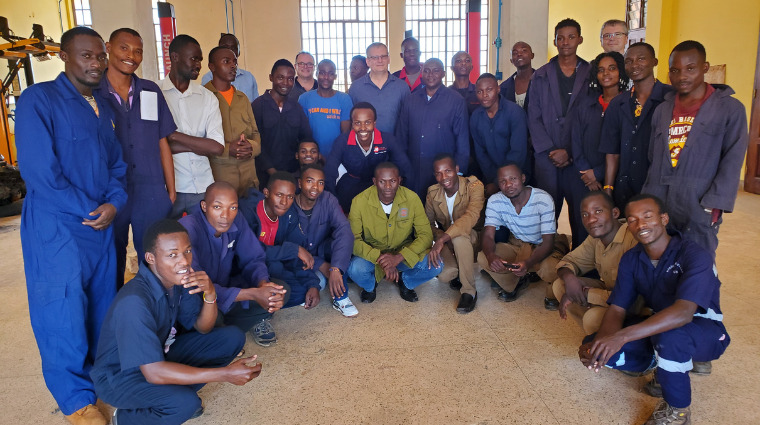
Visit Sask Polytech International Education to learn more.
Saskatchewan Polytechnic is signatory to the SDG Accord. Sustainable Development Goal alignment is one of the ways Sask Polytech is leading the rise of polytechnic education.
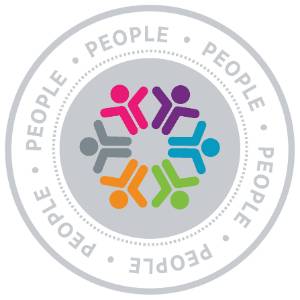
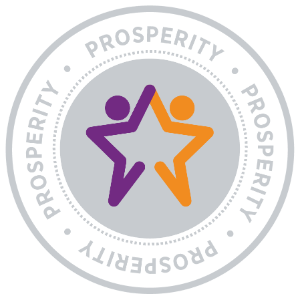
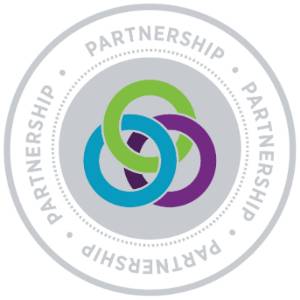
Published Dec 2022.

